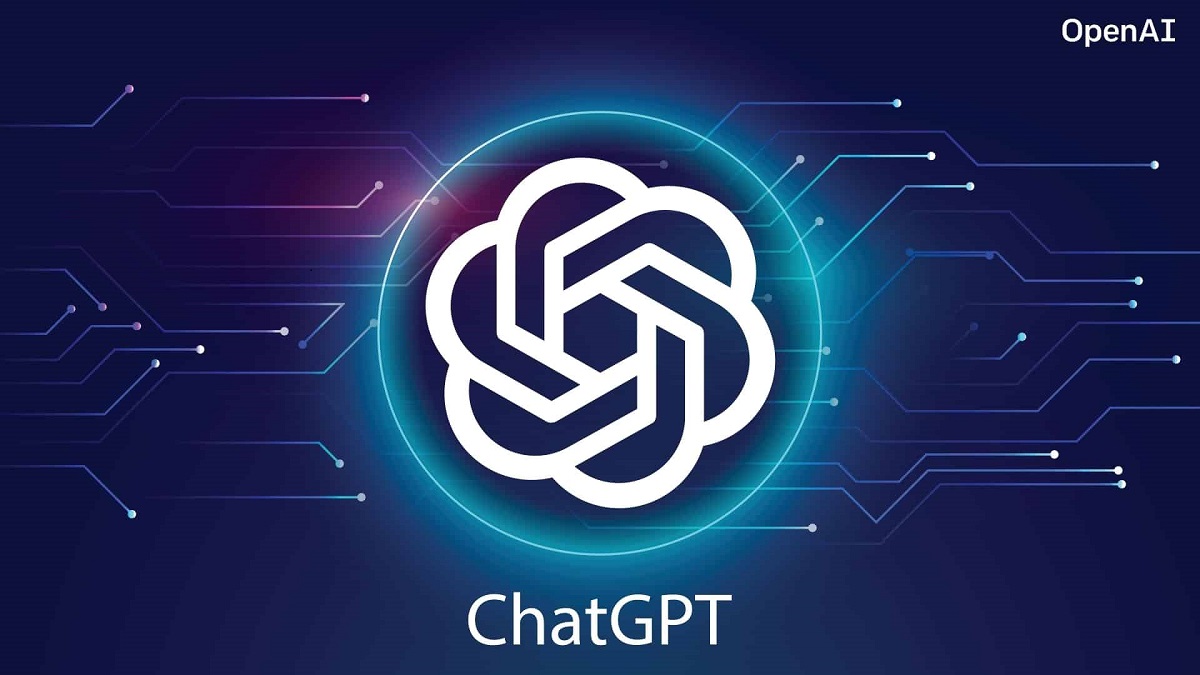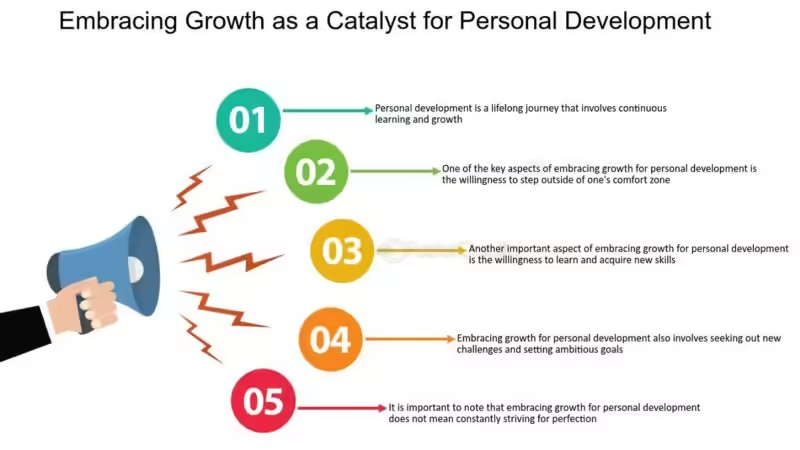Chinese students turn to chatgpt to get homework help

BEIJING: Chinese pupils are using ChatGPT, an AI bot, to cut down on their homework time and get behind the “Great Firewall” of their nation in order to do book reports and improve their language skills.
ChatGPT’s ability to produce A-grade essays, poems, and computer code in seconds has sparked a worldwide the rush for gold in artificial intelligence technologies.
Teachers, on the other hand, are equally concerned about the possibility of plagiarism and cheating.
Over a dozen pupils during China, wherever the location is inaccessible without a VPN, told AFP they accessed it to write essays, solve maths and science issues and write software code.
Whereas her sister Nicole uses ChatGPT to gain knowledge English, Esther Chen, 11, thinks it has cut the time she devotes to study at home in half.
Esther, who attends a highly regarded institution in Shenzhen’s southern megacity. Revealed that she used to shell out approximately four to five hours every day on assignments.
My mother could say with me constantly and stay up late until I completed all of my schoolwork, she claimed. “ChatGPT assists now me through my brief investigation work.”
Several students revealed to AFP that they had utilised VPNs or purchased foreign phone numbers online to get around limitations and use ChatGPT.
A US number can be purchased for 5.5 yuan ($0.8) from a single retailer. Whereas an Indian number costs a maximum of one yuan.
Additionally, companies like ChatGPT and AI Life on the well-known WeChat app charge one yuan ($0.15) for each search for people who are unable to mount the firewall on their devices.
Book Report on AI
Last month, prominent digital companies in China, including WeChat’s parent company Tencent and rival Ant Group, reportedly received orders to block access to ChatGPT on their platforms. State media denounced ChatGPT as a vehicle for disseminating “foreign political propaganda.”
Esther’s mother, Wang Jingjing, claimed she was unconcerned.
“For years, we’ve used a VPN. The girls are urged to read extensively from a variety of sources, she told AFP, adding that she is more concerned about plagiarism and closely monitors her daughter.
Esther stressed that she did not utilise the chatbot to accomplish her homework, citing a recent project that called for her to write a book report on the science fiction book “Hold Up the Sky,” which was written by well-known Chinese author Liu Cixin.
She claimed she didn’t have time to finish the book since her weekly calendar was jam-packed with rhythmic gymnastics, swimming, chess, and piano lessons.
Instead, she requested a synopsis and a few words about the main characters and topics from ChatGPT. Using those as the basis for her report.
The pressure is reduced.
Students are also using ChatGPT to avoid China’s lucrative English test preparation market. Where candidates memorize tens of thousands of words from pricey tutors in order to pass the exams required for admission to universities in the United States. The United Kingdom, or Australia.
Stella Zhang, 17, told AFP that she didn’t want to recollect word lists or complete dialogues.
She decided to drop out rather than pay up to 600 yuan ($85) per hour, and now she learns through having interactions with the chatbot.
There is less pressure. Additionally, it provides immediate feedback on my essays, and I may submit many draughts,” the speaker said.
In the eastern city of Suzhou, a college admissions advisor named. Thomas Lau claims that more than twenty of the students he deals with have chosen to prepare with ChatGPT instead of attending language-cramming courses.
But the instrument has brought about fresh issues.
I use software to determine whether any portions of the personal statements and other application materials that students write have been influenced by artificial intelligence, according to Lau. “Many people fail the test.”
Negative for Business?
Not simply for homework assistance. Because of the introduction of algorithm-generated writing, even online tutoring businesses like Tutor.com. May experience a loss in business, according to edtech columnist Phill Hill.
Why? It’s disruptive: According to Hill, the risk is that entrepreneurs may build specialized services, in addition to Newton’s speculation. That students may cease paying for these services.
But Chegg claims it is unconcerned: A Chegg representative told EdSurge in an email that. We do not expect ChatGPT to materially impact our business.”
Chegg CEO Dan Rosensweig stated in a statement that the firm already employs an older version of ChatGPT’s technology. GPT-2, to assist students with grammar, paraphrasing, and sentence structure in its writing products. “We also employ it to reduce costs of producing material while increasing speed and superior quality,” he added.
However, not everyone is convinced that AI will be advantageous for the business and other players in the industry.
Regarding the idea that AI will benefit rather than harm Chegg, Hill adds, “I think that’s a naively optimistic take.” However, investors didn’t really push the issue as strongly as I had anticipated. He suggests that it might just be the fact that everything is so new.
Others believe Chegg may merit more recognition.
According to Matt Tower, an analyst for the education sector who publishes a weekly about edtech. Chegg might really turn out to be a profitable client for ChatGPT.
Ban it or accept it?
Many Chinese tech companies, including Baidu, Alibaba, and JD.com, have announced they are working on ChatGPT competitors.
Beijing, though, has already signaled its intent to take action and has promised to shortly announce new regulations for AI.
In China, it is possible to acquire tools that can tell whether a work was authored with AI. But schools are also educating teachers to uphold academic integrity.
Tim Wallace, a teacher in Beijing, said: “The big debate with ChatGPT in classrooms is whether to ban it or embrace it.”
However, it might be difficult to convince teachers to stop using the technology when they too use it.
Teachers use the program to quickly create tailored lesson plans, he claimed. While utilizing it ourselves, we cannot instruct students to refrain from doing so.
![]()






